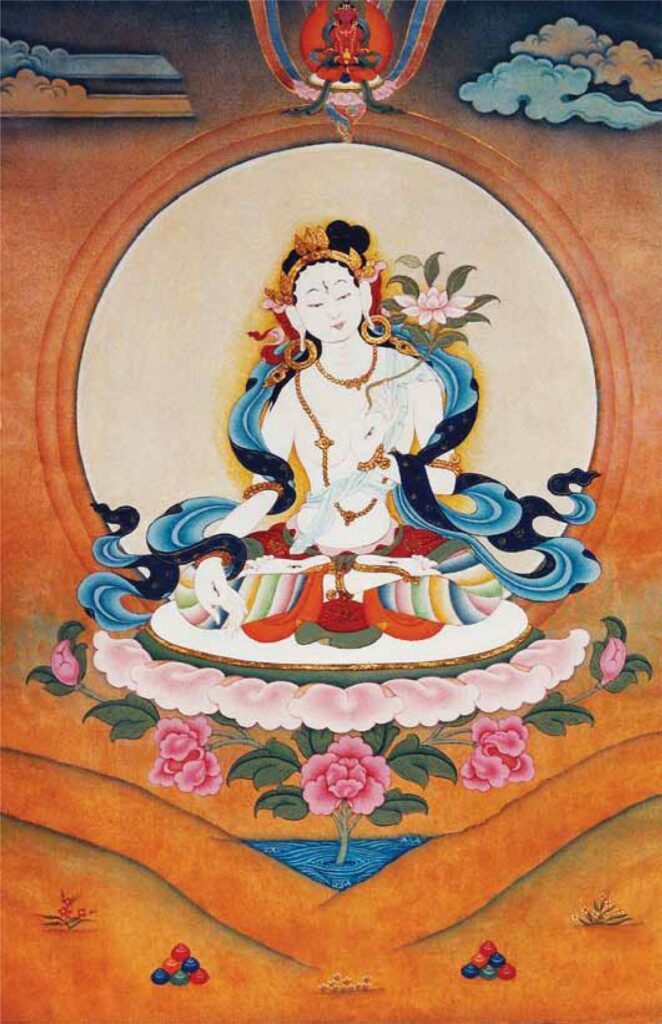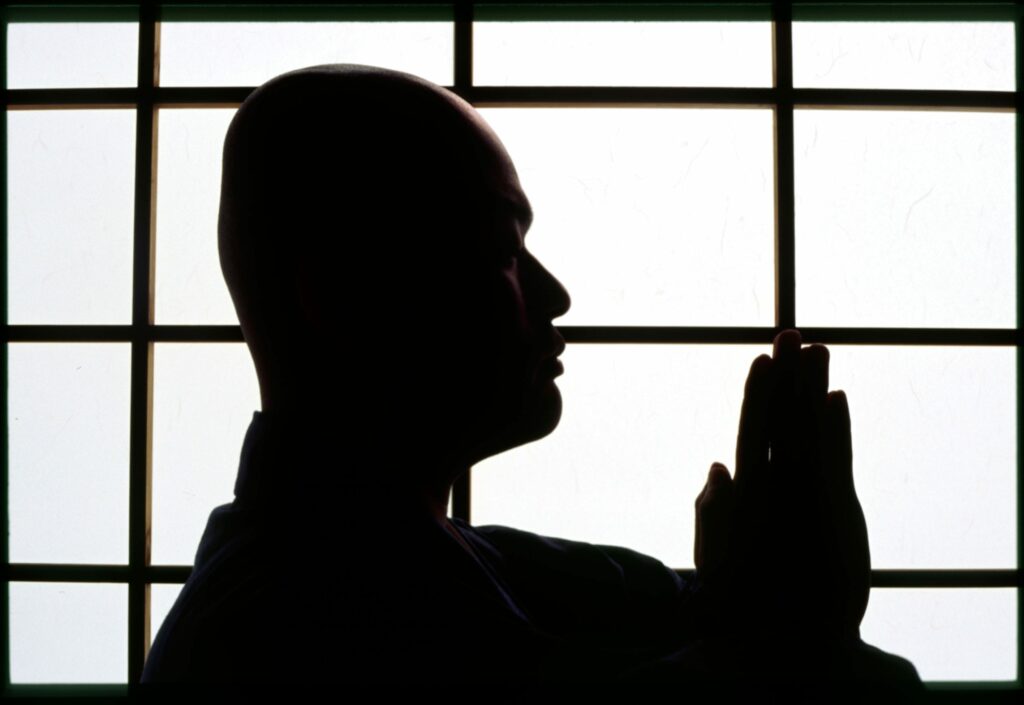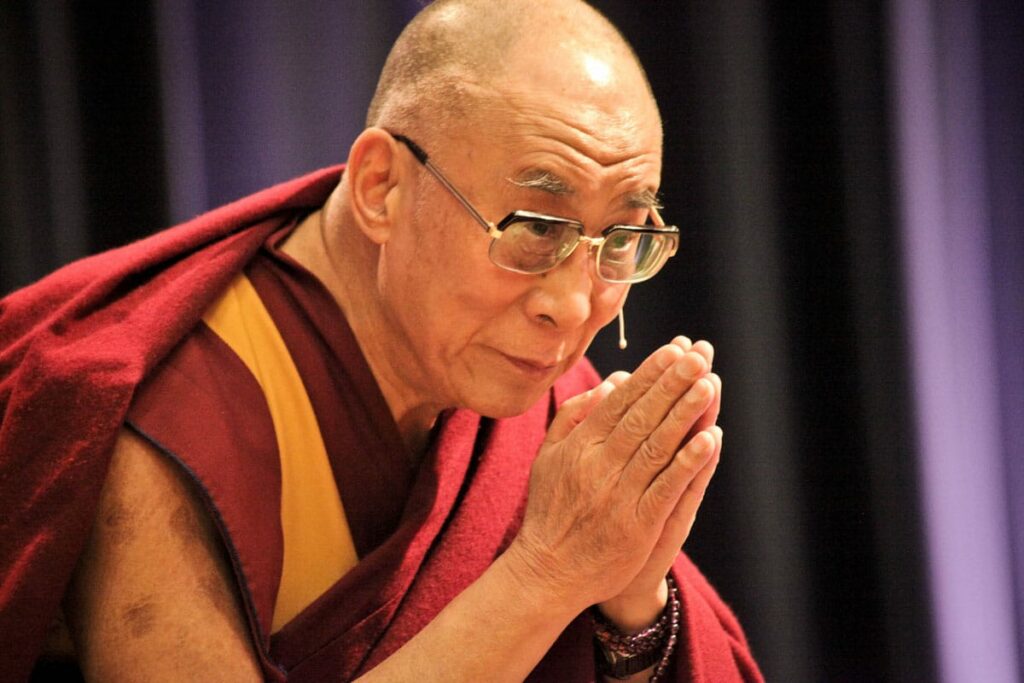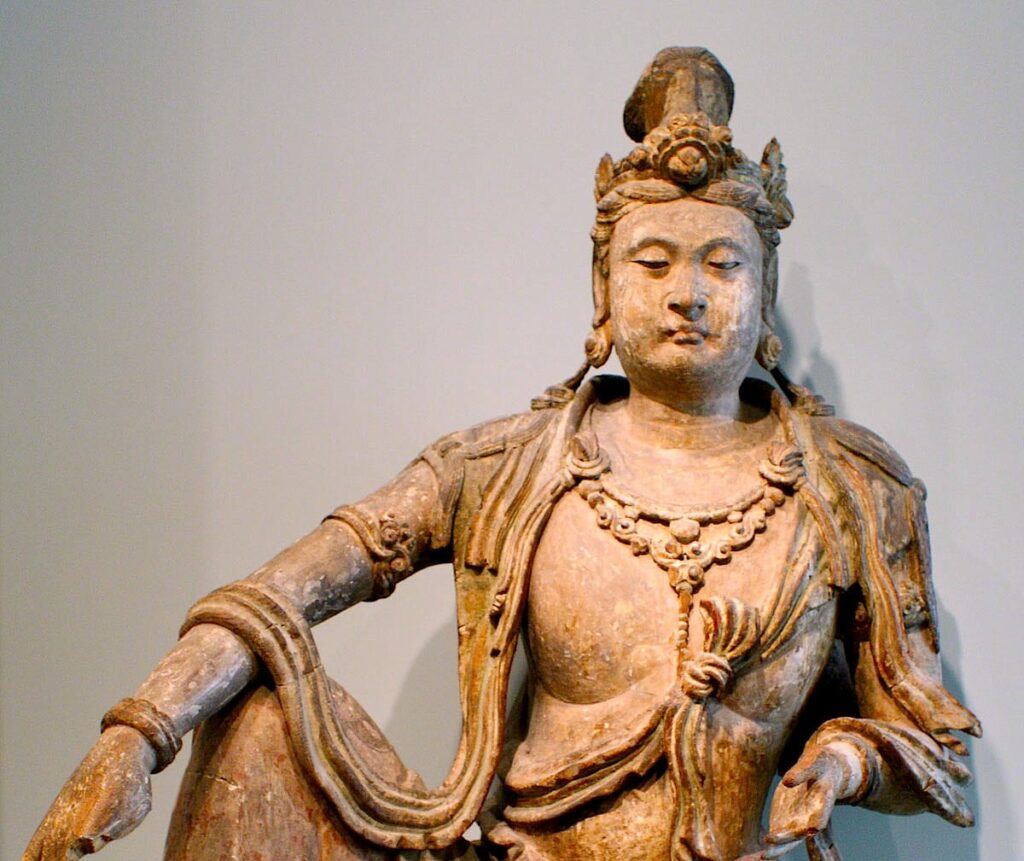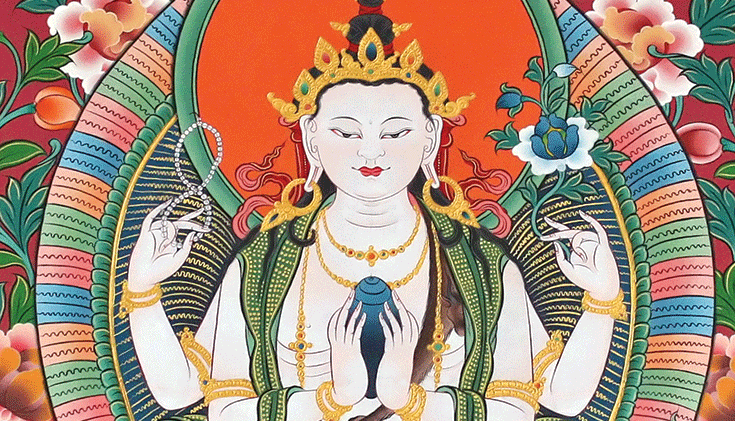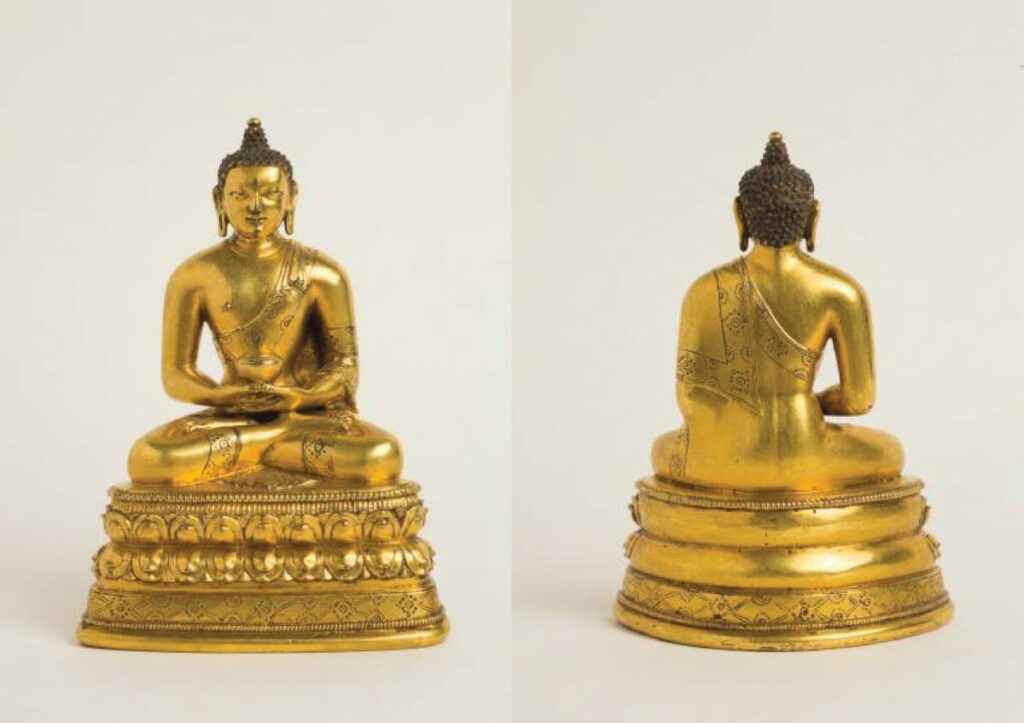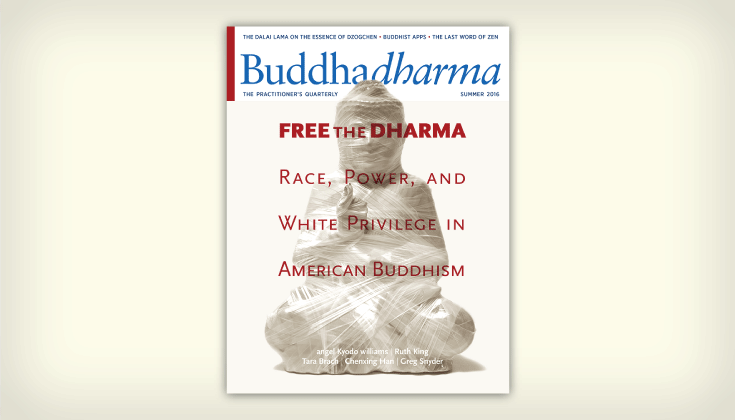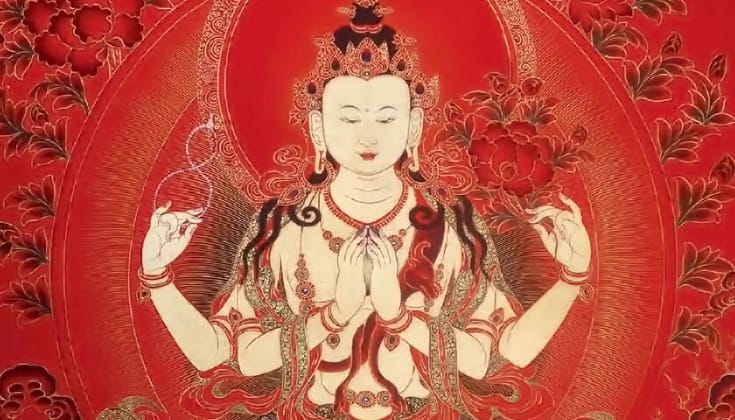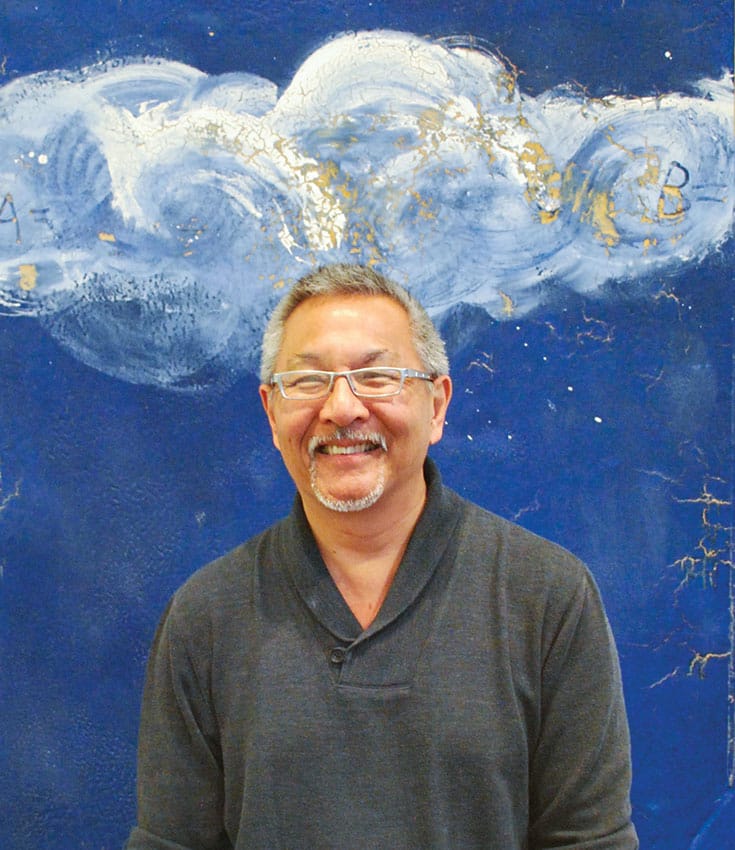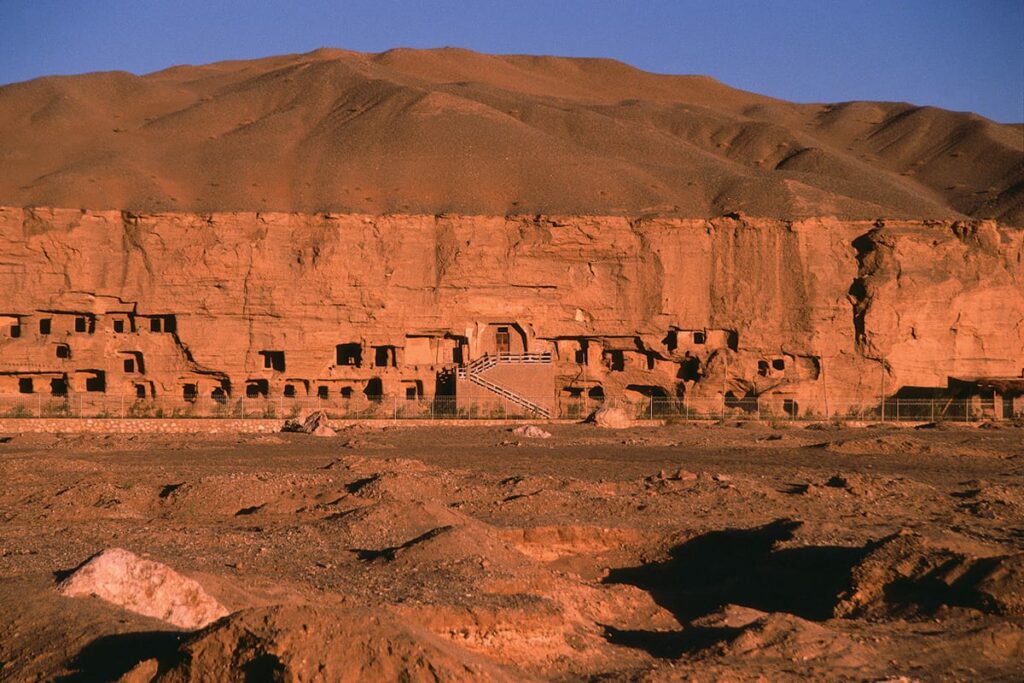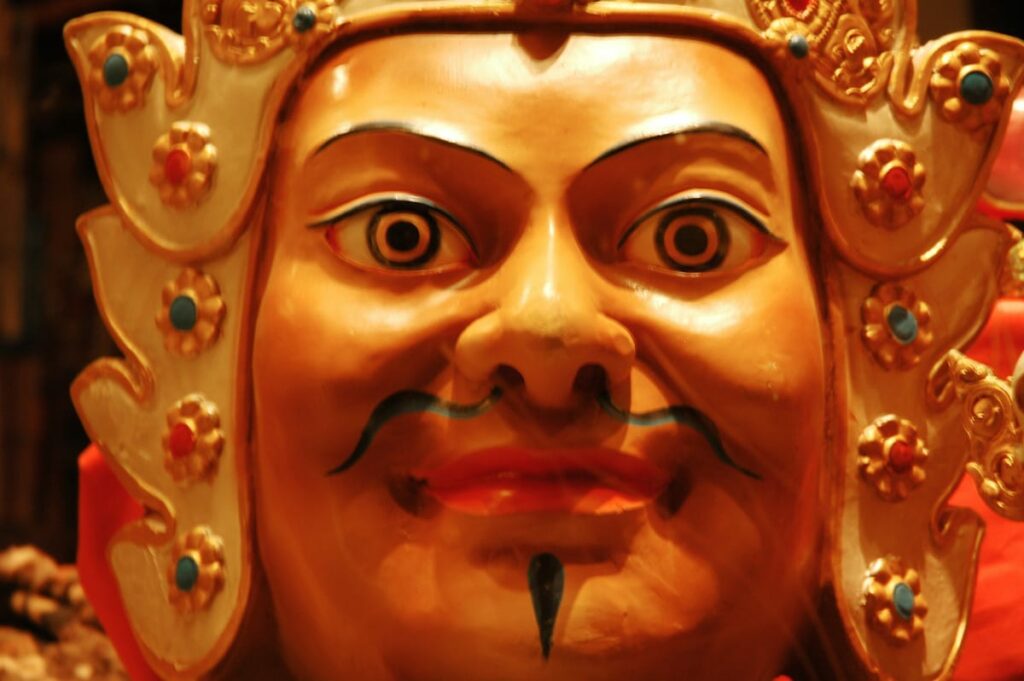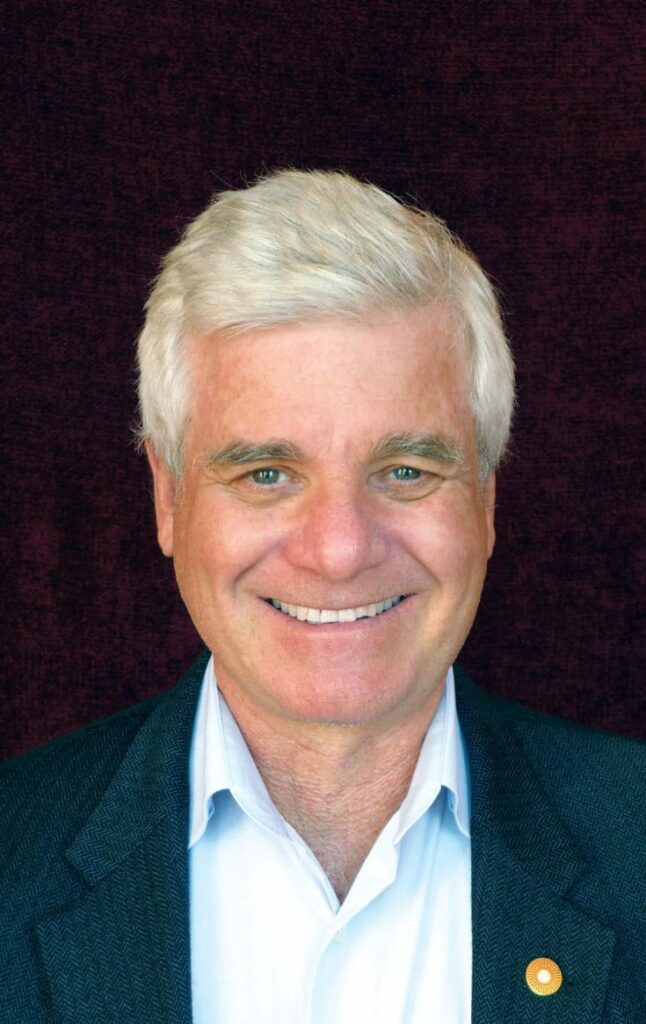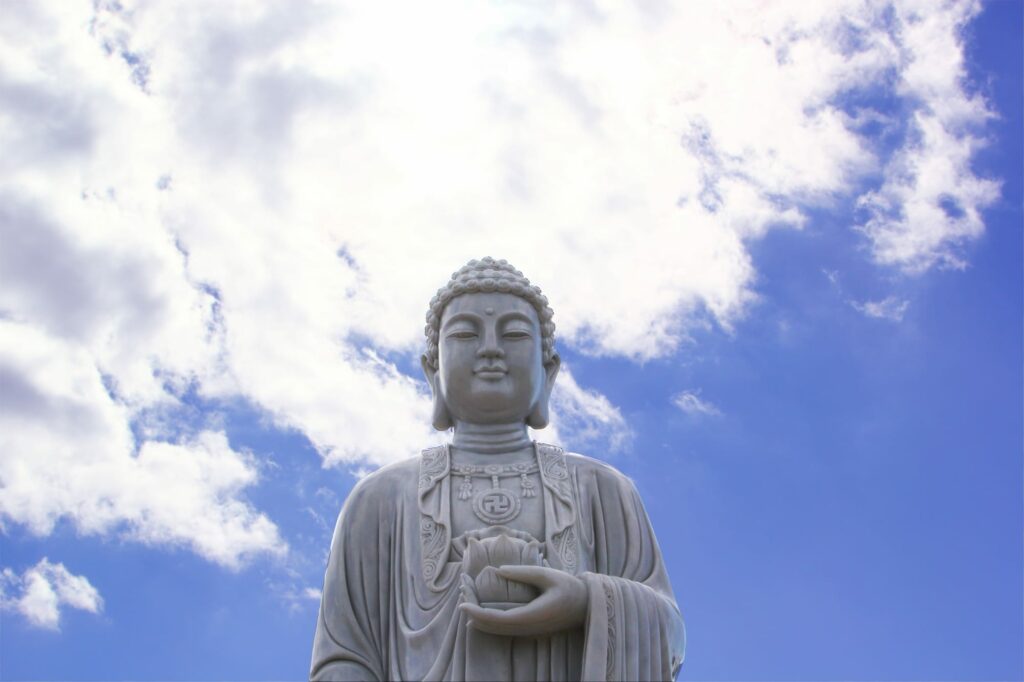Category: Buddhist Wisdom
Death on the ICU
As a Buddhist chaplain on a Medical ICU, Phyllis Coletta saw the suffering patients and families endured, and knew we all have to do better.
Feminine Principal
The principal figure in Buddhism is the teacher, a role traditionally dominated by men. Andrea Miller profiles three women teachers — Trudy Goodman, Roshi Pat Enkyo O'Hara, and Lama Palden Drolma — who are changing the face of Buddhism and making the teachings whole.
The Thief Who Stole the World
Steve Antinoff remembers his first teacher, an intimidating Zen monk whose every gesture seemed charged with the Absolute.
All Part of Being Human
Dr. BJ Miller shares the story of how he came to devote his life to helping others face their death because he has stared straight at his own.
Life as Cinema
Dzongsar Khyentse Rinpoche uses film and the cinema as a metaphor for Buddha's teaching about samsara and nirvana.
Basically Good
His Holiness the Dalai Lama on good heart, awakened mind, the causes of happiness, and other basic principles of Buddhism.
Discover Your Innermost Awareness
In his teaching on the essence of Dzogchen, the Dalai Lama describes the shock that naturally accompanies innermost awareness, the basis of all reality.
The Warrior Tradition: Conquering Fear
“Conquering Fear” is based on a seminar Chögyam Trungpa Rinpoche conducted in 1979 for teachers in Shambhala Training on meditation and the view of warriorship.
Developing Pure Perception Through Visualization
We visualize deities to connect with their enlightened energy. Anyen Rinpoche and Allison Choying Zangmo teach us how to visualize Avalokiteshvara.
Therapy Can Only Go So Far
Therapy is a powerful tool, says Buddhist psychologist Paul Fulton, but it can't solve the problem of being human.
Taking Refuge in the Triple Gem
Essentially each practitioner of Buddhist meditation makes the journey alone, but many find that committing themselves to the three jewels—Buddha, dharma, and sangha—helps take them further. These three make up the lineage, philosophy, and community of Buddhism, explains Christina Feldman, and their purpose is to deepen and expand our practice.
It’s Our Journey, Too
Buddhadharma's editor shares her admiration for the varied voices of Buddhism in today’s world.
Inside the Summer 2016 Buddhadharma magazine
The Summer 2016 issue of Buddhadharma is now available. This issue explores issues of race, power and white privilege in American Buddhism.
Buddhist Visualization Practice Is Pure, Clear, and Vibrant
Visualization practice sometimes involves traditional symbolism that Westerners have trouble relating to, says Dzongsar Khyentse Rinpoche. He shows us how we can make the most of this powerful method for transforming perception.
Meet a Teacher: Larry Yang
Theravada Vipassana teacher Larry Yang answers our questions, from worst job to favorite TV show.
Forgotten Encounters of Tibetan Zen
The phrase “Tibetan Zen”—the title of scholar Sam van Schaik’s new book—may initially startle the casual reader.
Gods, Demons, Sages, and Enlightened Kings
We call it Tibetan Buddhism, but it’s really much more. Robin Kornman sees Tibet as the last of the Silk Route cultures, where the great religions of Asia unite in a magical world of Gods, Demons, Sages, and Enlightened Kings.
Enter… the Bodhisattva
David Loy on why Buddhism’s bodhisattva ideal is what the world needs now. Unless you’re on long retreat in a Himalayan cave, it’s becoming more difficult to overlook the fact that our world is beset by interacting ecological, economic, and social crises. Climate breakdown, species extinction, a dysfunctional economic system, corporate domination of government, overpopulation—it’s…
The Voices of Buddhism
Our editor-in-chief shares his admiration for the varied voices of Buddhism in today's twenty-first century world.
South Australia’s first Buddhist burial grounds to open
South Australia's first dedicated Buddhist garden and burial grounds will open Sunday, April 3 at Enfield Memorial Park.

